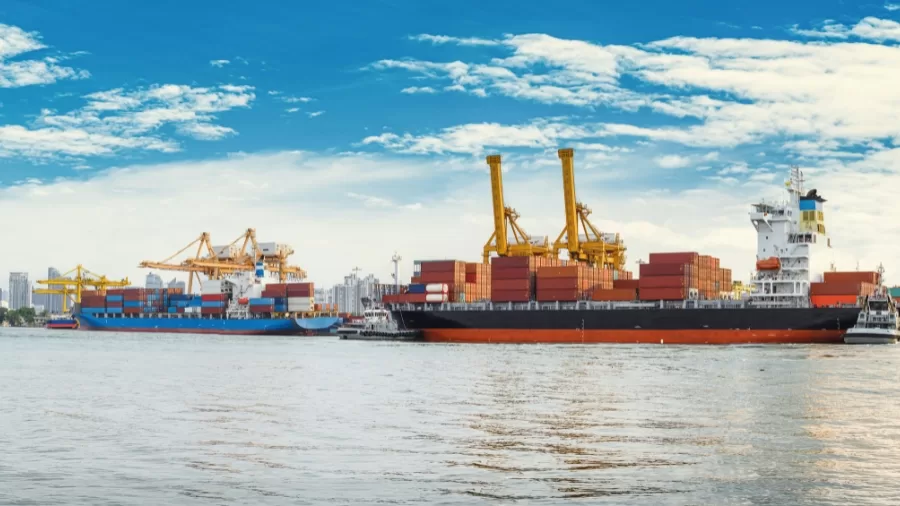Business
A New Trade War? The Business Impact of Trump’s ‘Liberation Day’

- Donald Trump makes matters worse with his “Liberation Day” tariffs, increasing import duty by 10% on all types of goods and imposing reciprocal tariffs on up to 60 countries, driving global market chaos while also receiving a backlash from international leaders.
- Costs rise for businesses, supply chains get in a mess, enterprises end up with higher prices, and the whole automobile, electronics, and retail sectors get ready for the potential damage.
Donald Trump, the U.S. president, announced the ‘Liberation Day’ tariffs on April 2, 2025, which is a long-anticipated global trade transformation. An extra tariff of 10% will most likely be added to penalties for most imports effective April 5, 2025, with few exceptions. Further ratcheting up a limited, greater percentage of tariffs on up to 60-90 other countries will commence as of April 9, 2025. The tariffs, defined in terms of protection, although a way to respond to the demand for similar reciprocity towards allied nations, now pose indirect consequences on energy sector trade, whereas the energy imports are exempt.
How Are Global Markets Reacting?
Markets responded quickly; the reaction over the proper hours of trading was mostly negative. Stock markets had a severe pullback, with the Nikkei in Japan going down by nearly 3%, and in Hong Kong, the Hang Seng was down over 2%. In the U.S., technology-heavy Nasdaq suffered a major loss in trading overnight, with the futures moving sharply after stock-market hours. Apple shares sank by a large margin (around 6.7%) in trading during the hours after the markets closed. Investors are afraid that retaliatory tariffs will hinder supply chains and slow economic growth. Oil prices surged as a consequence of the overall uncertainty and not because of immediate slowdown fears for the economy. Investment demand for safe-haven assets amid the uncertainty sent bond prices higher, pushing yields lower.
International Response: Allies Fight Back
Allies have quickly criticised the proposed tariffs in some severe tones. Among these, the European Union, Canada, Australia, and many other key U.S. allies have completely condemned the additional tariffs being imposed, saying that it could turn into a complete trade war.
Economic heavyweights are worried about the impact of such tariffs on the world economy resulting from a chain reaction in global trade. A trade war would likely be a blow to global supply chains, more expensive to repurpose supply chains, and a longer march toward recovery for several countries.
Implications for Businesses and Consumers
For businesses, these tariffs mean higher costs across the board, especially for companies depending on imported raw materials or goods. The automobile industry might have hard times if imported cars and parts from Canada and Mexico attract a 25% tariff for not complying with USMCA, and it will increase automobile prices for the U.S. consumer.
Industries within the realm of electronics, clothing, as well as household goods that are dependent on international sourcing could be affected down the line. Retailers may face increased pricing, which consumers may begin to see in earnest.
For the general public, it means higher prices at the store every time people buy a smartphone, a car, or even just groceries. Under the latest tariffs, an increase in inflation may make itself felt in future fuel prices through possible non-exemptions, the burden falling on the consumer.
The Bigger Picture
The tariffs declared by Trump as “Liberation Day” serve to promote American industry and to decrease undue dependence on foreign imports. This implies an extraordinary turbulence in the global economy, as it revises a whole system of trade considered taken for granted.
If other countries respond, they will disrupt global supply chains in the long term. In the short term, there will be shocks: higher prices for products, delays in transportation, and an increased price of doing business across borders. Are businesses and individuals ready to take these changes in stride? That seems to be the hardest question.
One thing is clear: this has rearranged global trade into a form of touch-and-go, and the world is straining to witness the outcome.


















































